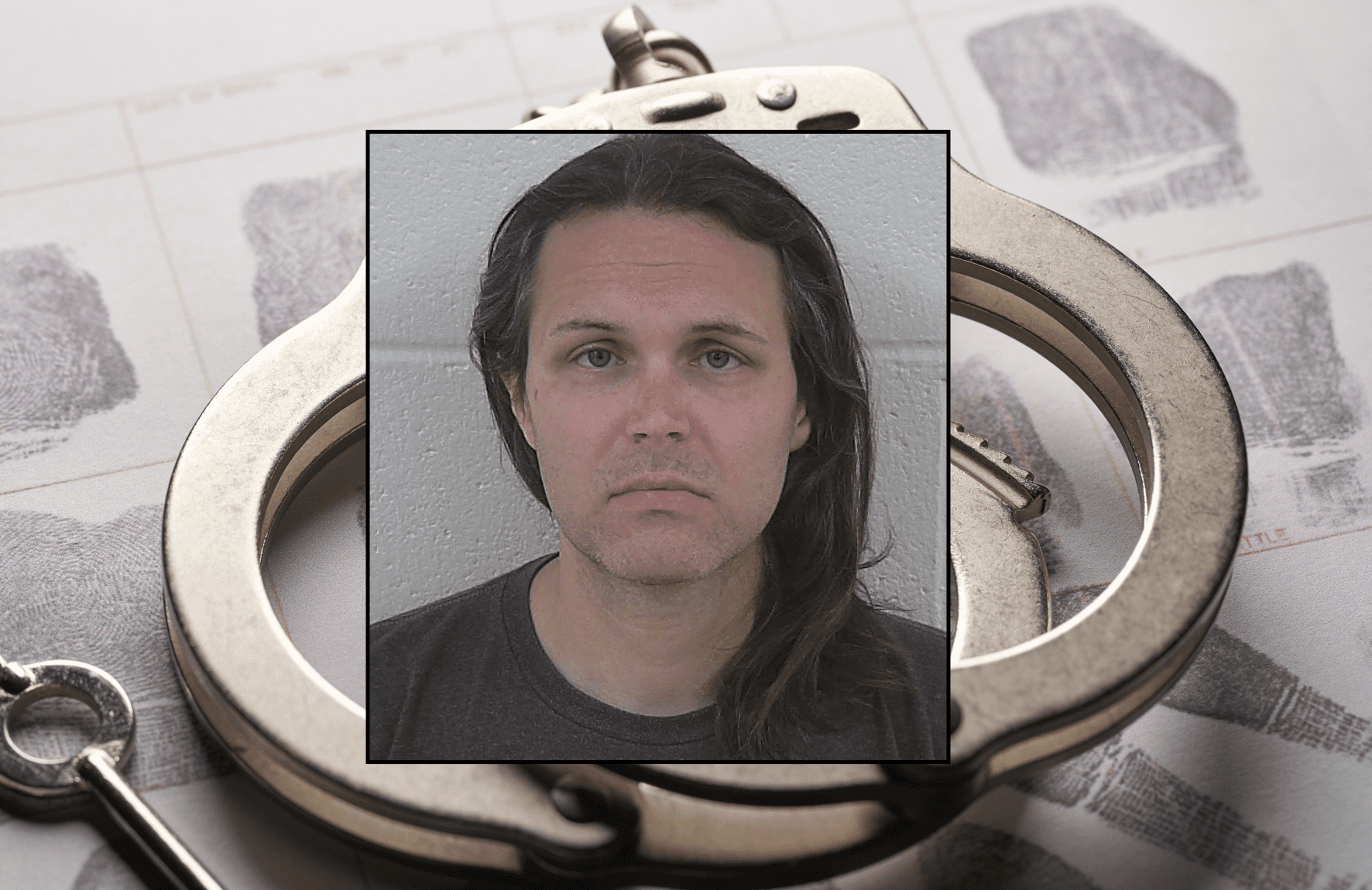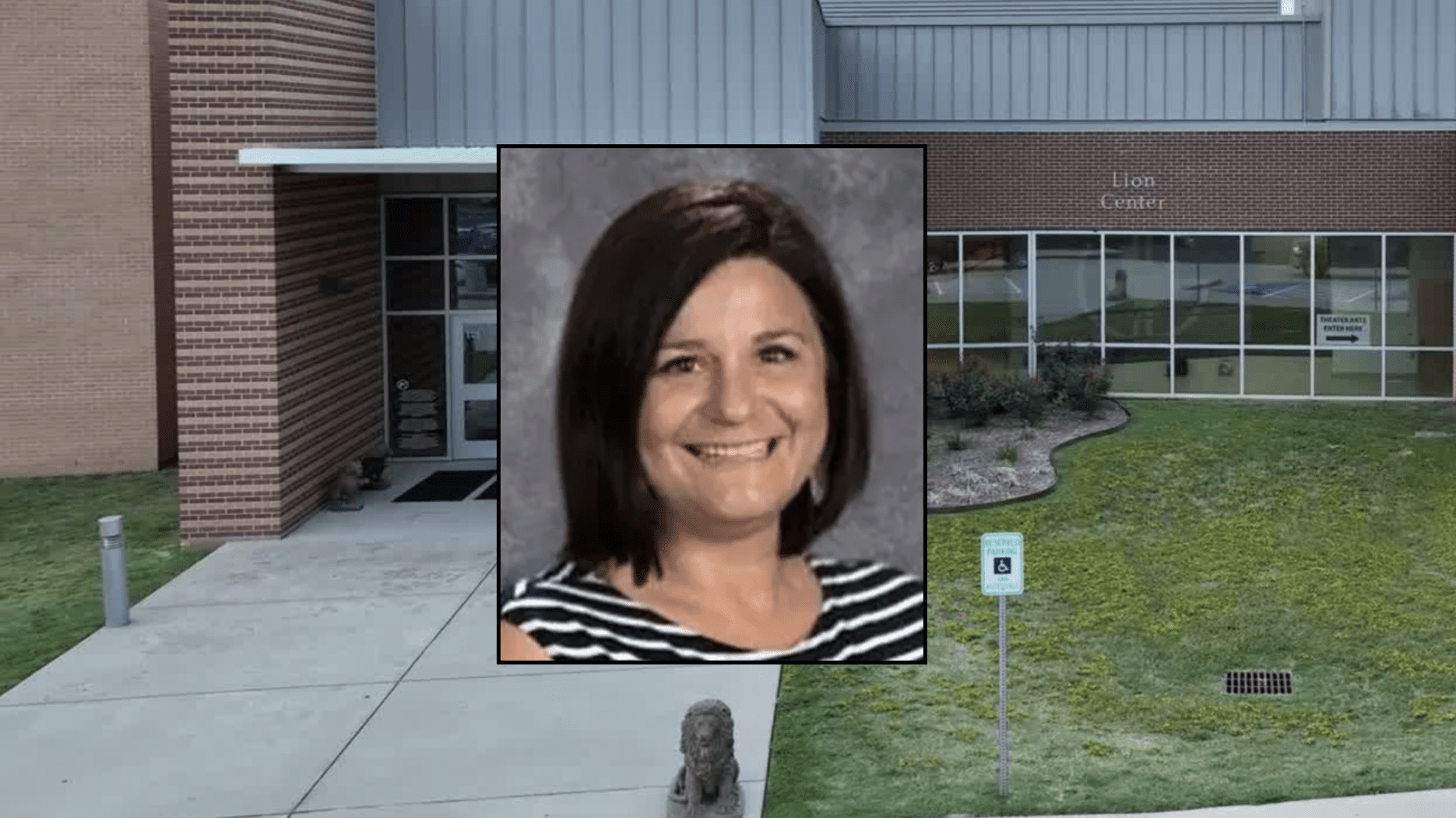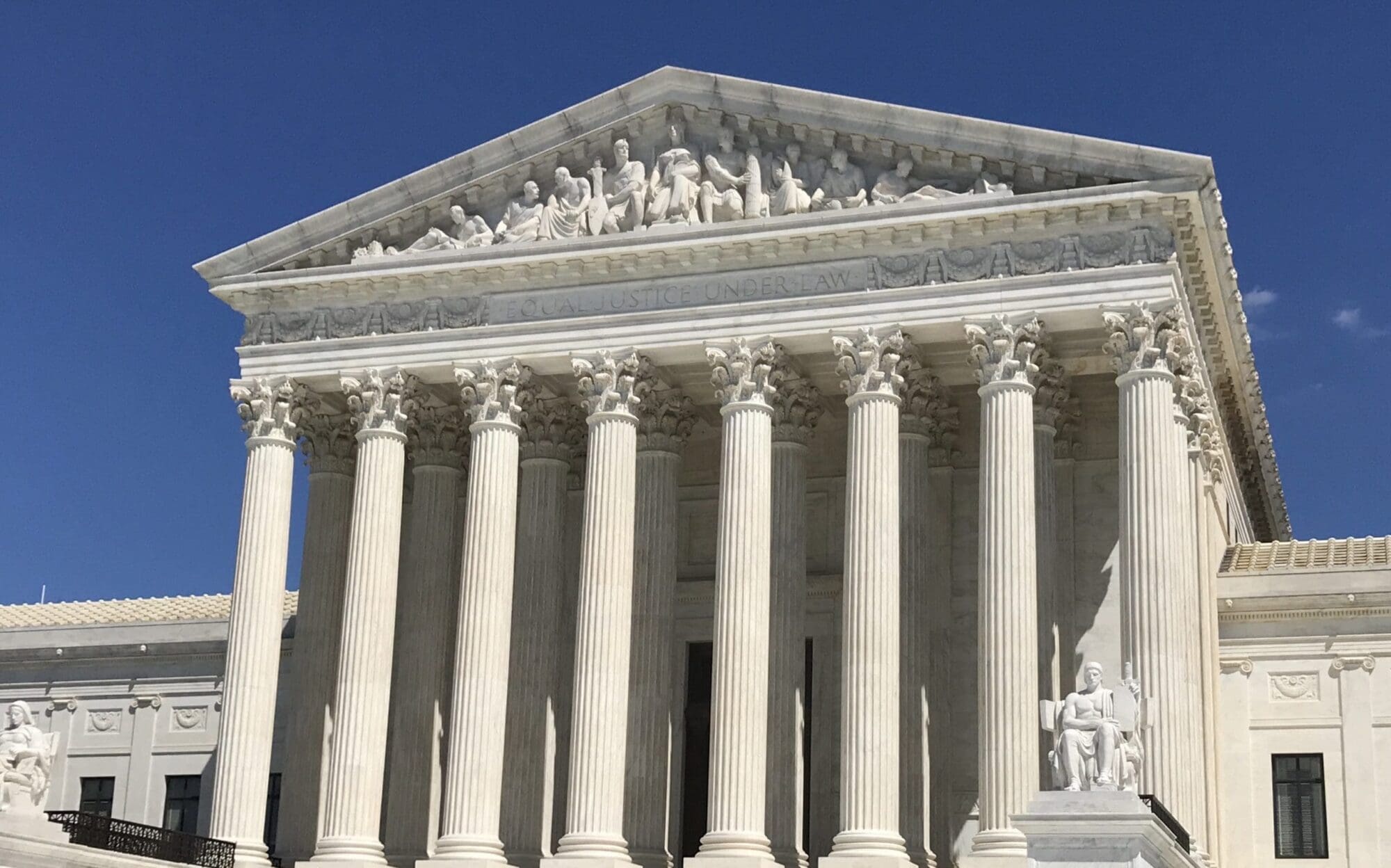Just one day after a major school choice rally at the Texas Capitol, the Senate Education Committee heard testimony on legislation that would expand education options for students and their families.
Gov. Greg Abbott made school choice a hallmark issue of his re-election campaign last year, and he’s continued promoting it during the current legislative session, speaking at a number of “Parent Empowerment Nights” to boost support and enthusiasm for “education freedom” through the creation of education savings accounts.
Lt. Gov. Dan Patrick has also consistently pushed school choice and has designated the issue as one of his legislative priorities, as has the Republican Party of Texas. Texas House Speaker Dade Phelan (R–Beaumont), however, has been fairly muted on the subject.
Of the numerous Senate bills filed on the subject, Patrick has signaled support for State Sen. Brandon Creighton’s (R–Conroe) Senate Bill 8 as his preferred plan for implementing a school choice program in the state. The bill would fund education savings accounts at $8,000 a year and provide a reimbursement for lost funding to rural school districts with fewer than 20,000 students. It was one of four school choice bills considered by the Education Committee—which is chaired by Creighton—during Wednesday’s hearing.
“This bill is about educational freedom and decision making for our Texas families,” said Creighton. “Senate Bill 8 places parents, not government, squarely in the center of their community and the decisions that are made on behalf of their children and their children’s education.”
In addition to creating education savings accounts, Senate Bill 8 expands parental rights by standardizing the district grievance process, requiring consent for the administration of any psychological tests, providing transparency of instructional materials, and prohibiting teaching on sexual orientation or gender identity.
When State Sen. José Menéndez (D–San Antonio) asked Creighton why he didn’t apply the rural carveout to all school districts, Creighton replied that smaller districts “have a different budget annually and can’t scale impact in certain ways” like larger districts. He also noted that “different decisions are made within the open enrollment that we offer today,” where families withdraw their students from their local public school for any number of reasons, “and school districts have to adjust to that day in and day out.”
According to the Texas Education Agency, 949 of the state’s 1,000 or so public school districts have fewer than 20,000 students, representing about 41 percent of the 5.1 million students enrolled in a traditional public school.
State Sen. Royce West (D–Dallas) asked Creighton what evidence he had to show that school choice programs help students achieve greater academic success than they do in public schools, suggesting that poor results from Louisiana’s program should concern advocates and lawmakers about the effects of implementing similar legislation in Texas.
Creighton pointed out that Louisiana’s program imposes a slew of regulations for participating schools, preventing them from implementing the curriculum and teaching practices best suited for their students. He also said the data he and his staff have collected reveals student performance has improved where school choice programs have been implemented.
“Texas should not be 31st in the nation on expanding school choice,” Creighton continued. “We should be leading. We should be the model at all legislative conferences throughout America because that model would reflect the opinions of Texas moms and dads, who I’ll bet on any day to save this country. … I’ll bet on Texas moms and dads to do their homework above and beyond politicians all day long to make the decisions that are best for their kids and their educational experience.”
State Sen. Morgan LaMantia (D–South Padre Island) expressed concern that private schools that stand to receive money from the program could restrict certain students from enrolling.
Creighton responded that private schools can do that now and expressed reluctance about imposing burdensome requirements on them. He argued that admission criteria are “personal to the families that would be looking at that private school,” adding, “I just wouldn’t try to be smarter than moms and dads that are … through discernment … making their own decisions on where their kids would go to be educated.”
The first two witnesses called were former State Sens. Eddie Lucio Jr. (D–Brownsville) and Larry Taylor (R–Friendswood), who previously chaired the Senate Education Committee. Both testified in favor of the bill.
Lucio said the school choice program proposed in Creighton’s legislation would produce a positive change, comparing it to a novel technique he applied early in his teaching career to motivate students in his physical education class.
Taylor testified on behalf of the Texas Conservative Coalition Research Institute, providing a handout summarizing the findings of 175 studies examining the effects of school choice programs throughout the country.
Responding to an earlier critique from Sen. Menéndez about accountability for private schools, Taylor said, “A private school has ultimate accountability, because if a parent doesn’t like what’s going on at that school, they can leave. … This is parental empowerment. This is about parental choice.”
“In our traditional public schools,” he continued, “their choices—if they don’t have money, they don’t have means—they can homeschool if they have the capability of doing that. But there’s not a whole lot of other options.”
Other invited witnesses included representatives from the American Federation for Children, the Texas Catholic Conference of Bishops, and the Catholic Diocese of Fort Worth.
Prior to public testimony, the authors of the other school choice bills on the agenda—Senate Bill 176 by Middleton, Senate Bill 2354 by State Sen. Paul Bettencourt (R–Houston), and Senate Bill 2483 by State Sen. Angela Paxton (R–McKinney)—explained their proposals.
At least 388 witnesses registered to testify on the slate of bills, and the committee hearing lasted past midnight. Each of the four bills was left pending at the conclusion of the hearing.
No ads. No paywalls. No government grants. No corporate masters.
Just real news for real Texans.
Support Texas Scorecard to keep it that way!





